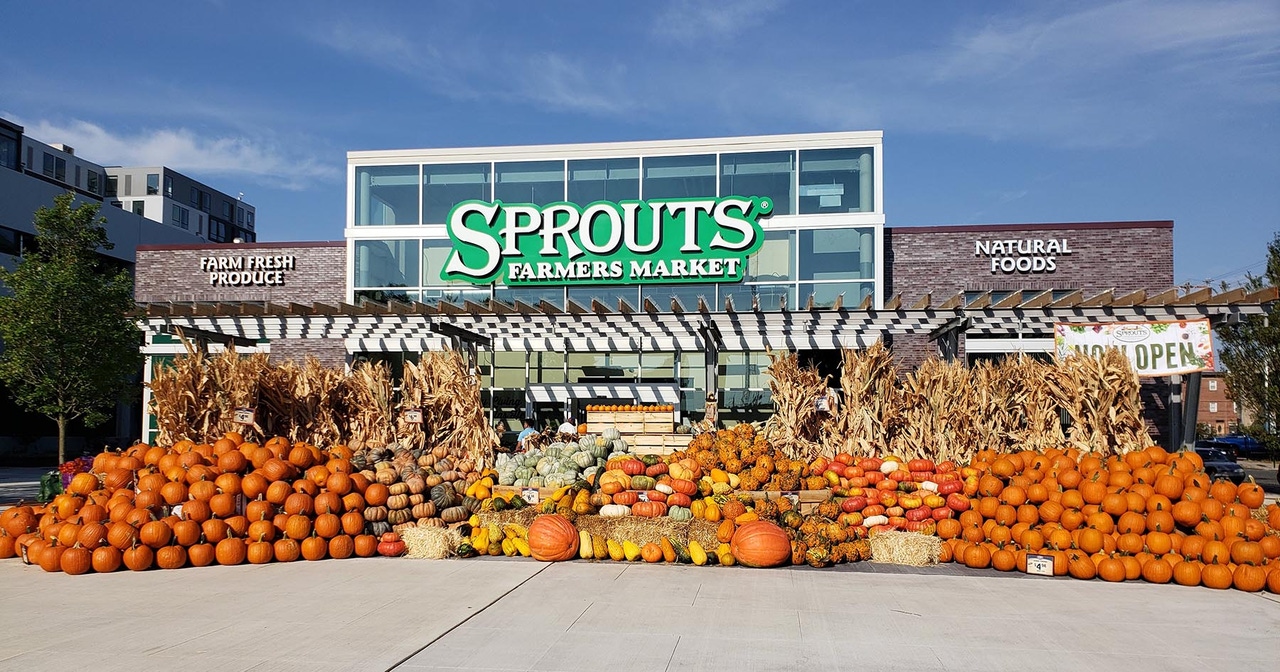Produce Supply Issues Slow Comp Pace for SproutsProduce Supply Issues Slow Comp Pace for Sprouts
Q1 sales grow by 10%; slower comp growth reflects weather-related supply disruption. The retailer said Q1 comps were slightly below plan as weather issues reduced produce availability. Plus, search for a new CEO continues.

Weather events affecting availability of produce—and subsequently, the ability to buy in quantity and promote aggressively—contributed to slightly lower than expected quarterly comparable-store sales at Sprouts Farmers Market, officials said.
The Phoenix-based natural and organic retailer said comps grew by 1.4% in the quarter ending March 31. That was slightly below an expected range of 1.5% to 3% for the fiscal year announced in February. Brad Lukow, chief financial officer and co-interim CEO, said in a conference call that the comp performance was hurt by rains in California and unusually cold weather in Mexico, which reduced availability of fresh fruits and vegetables during the quarter. That affected Sprouts’ ability to use those items to promote and drive traffic as it typically would, he said.
“We saw some pretty significant—what I would call hyperinflation—in a number of products … that really restricted our ability to get out quantities at reasonable cost,” Lukow said. “And that also reduced our ability to promote and, therefore, we had a little bit lower sales than we expected in produce as a result.”
The availability challenges have continued into the first weeks of the current quarter, Lukow acknowledged, saying it was likely that fiscal-year comps would come in at the low end of its range. For the period, net sales of $1.4 billion increased by 10%. Gross profit for the quarter increased 9% to $484 million, resulting in a gross-profit margin of 34.3%—a decrease of 30 basis points compared to the same period in 2018. The deleveraging was primarily driven by cost inflation that was not fully reflected in retail pricing due to the competitive landscape, as well as changes in product mix.
On the nonperishable side of the store, Lukow said “pent-up” cost increases from suppliers have continued to make their way to the shelf, though they are coming with some short-term margin squeezes reflecting the competitive environment.
Lukow said the board of directors is continuing to make progress toward naming a new CEO at Sprouts. Lukow was named co-interim CEO along with President and Chief Operating Officer Jim Nielsen in December, when Sprouts CEO Amin Maredia resigned. Nielsen, however, is on a temporary medical leave of absence. “He would like to be here today and is anxiously looking forward to his return,” Lukow said of Nielsen.
About the Author
You May Also Like






